
HORIST: North Korea: On track or off the rails?
President Trump has spoken optimistically about the new relationship with North Korea’s Kim Jong-un. Trump has switched from bellicosity to flattery in his references to the young dictator. On the periphery, some progress has been made. There have been no more provocative missiles flying toward Guam or over Japan. The remains of many of the MIA American servicemen have been returned. Some nuclear support facilities have been dismantled.
As a gesture of good will, Trump has temporarily terminated joint military operations with South Korea and Japan that offended the Kim regime. Sanctions that are crippling the North Korean economy remain in place, however.
Trump’ approach to negotiate directly as opposed to threatening from afar has been fully embraced by Japan and South Korea. It has been supported, accepted or at least not opposed by virtually every nation in the world community in the spirit that it is better to talk than to bomb.
Also, the bilateral diplomacy between North Korea and the United States is not the only game in town. South Korean President Moon Jae-in has his own diplomatic initiative with Kim. Developing a positive relationship between north and south may be more important to Kim than any relationship with the United States. But they are inextricably tied together. It is not possible to have a good relationship between Pyongyang and Seoul if there is a hostile relationship between Pyongyang and Washington. Kim well understands that those joint military exercises on his shoreline are between South Korea and America as partners.
On several occasions, Trump warned the American public that there were no guarantees. He laid out his hopes and aspirations and fell back on his oft used conclusion, “We’ll have to wait and see.”
The consistently anti-Trump folks did not like his threatening saber-rattling language. They did not like his more complimentary language. They did not like his decision to meet with Kim. They did not like the results of the meeting. And in a partisan acapella of “I told you so,” they were quick to criticize when it appeared that North Korea was not living up to the words or the spirit of the accord signed in Singapore.
Trump should not be castigated for taking a different approach than his critics prefer. Although they have not advanced any alternatives other than the failed empty-threat approach the past. It was the empty lip service threats of the past 40 years that enabled North Korea to become the belligerent and dangerous nuclear nation that it is today.
Since the Kim family has made promises, signed agreements and took money from a series of U.S. presidents, only to return to their program of nuclear missile development, it is arguable that the regime sees this as business-as-usual – just another public relations delaying tactic.
That is where Kim is making a terrible mistake.
Trump, unlike his predecessors, will not simply walk away from North Korea’s disingenuousness. Refusal to denuclearize will bring back the military option and most likely the “rocket man” appellation. The President’s strength going into the negotiations was his “credible” threat of military intervention. Implicit in the threat was that the Kim regime would surrender its nuclear arsenal and ambitions or would cease to exist. That option is still on the table.
All of Trump’s sweet talk with Kim — that his adversaries hate as much as they hated his tough talk — is highly conditional. Should North Korea renege on the Singapore agreement, or even implement it at a snail pace, the language can turn ugly again and those military exercises can be renewed in a heartbeat.
It also has to be considered that China is playing a role in North Korea’s apparent disregard of the agreement. They may be trying to improve their hand on the trade issues – where they are at a disadvantage – by bringing North Korea into the negotiations indirectly. China, along with Russia, has pulled back from some of the sanctions. Where they had once supported sanctions by the U.N., they have more recently opposed them.
China’s, Russia’s and North Korea’s miscalculation – that Trump will not really use military intervention – could be the most dangerous mistake of all. Trump’s threat is credible because he most likely means it. We should not forget that the threat to use military intervention is not some personal late-night tweet by the President. The ability and the possibility of using the United States military has been articulated by National Security Advisor John Bolton, Secretary of State Mike Pompeo, Secretary of Defense James Mattis and U.N. Ambassador Nikki Haley.
Cancelling Secretary Pompeo’s planned visit to Pyongyang is just the diplomatic version of rapping one’s fingers on the table as an expression of impatience. More interesting has been North Korea’s response. Through their propaganda media, they are again warning the people that the United States is preparing to invade.
It is noteworthy that the provocative warning did not come from Kim or as an official statement of the government, but rather as a bit of propaganda directed mostly at the hometown audience. The less likely explanation is that Kim intends to start full-scale testing and believes Trump’s threats to a degree – that he believes an invasion is truly possible.
On the other hand, all this back and forth could be nothing more than the inscrutable negotiating style of Kim and his team. It would not be the first time they fake going to the left before going to the right.
We need to view the North Korea thing as a work in progress. Much too early to declare winners and losers. As Trump would say, “We’ll have to wait and see.”




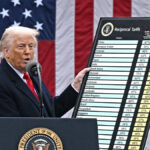
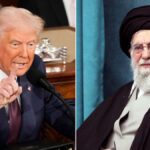
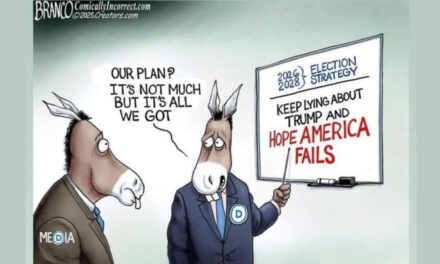
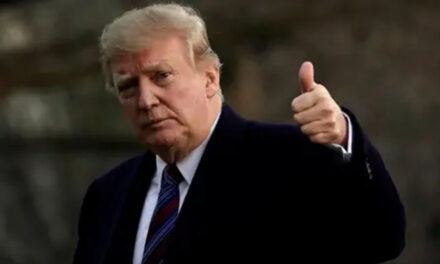

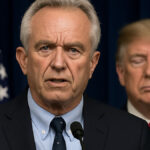


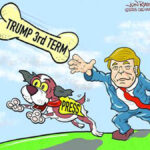
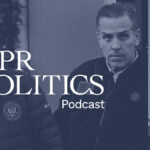










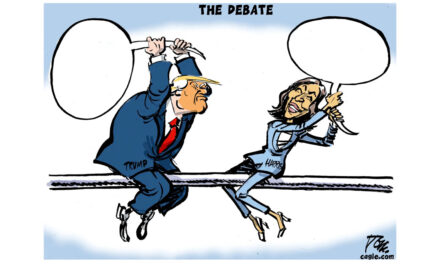
At last Larry has been heard from with "Leave a Reply". We know Larry is the author of the Reply…
Trump is probably the most fit President we have had in the White House for a President at any age.…
Cognitive and physical health. OMG. Elections have consequences. It’s proven that Trump is smarter than Frank Dunger. Any in agreement?…
He said, she said so who are we going to believe. Larry you cast a very dim light on the…
You asswipes aren’t good enough to give Trump a rim job. But speaking of Trump, he passed his physical examination…